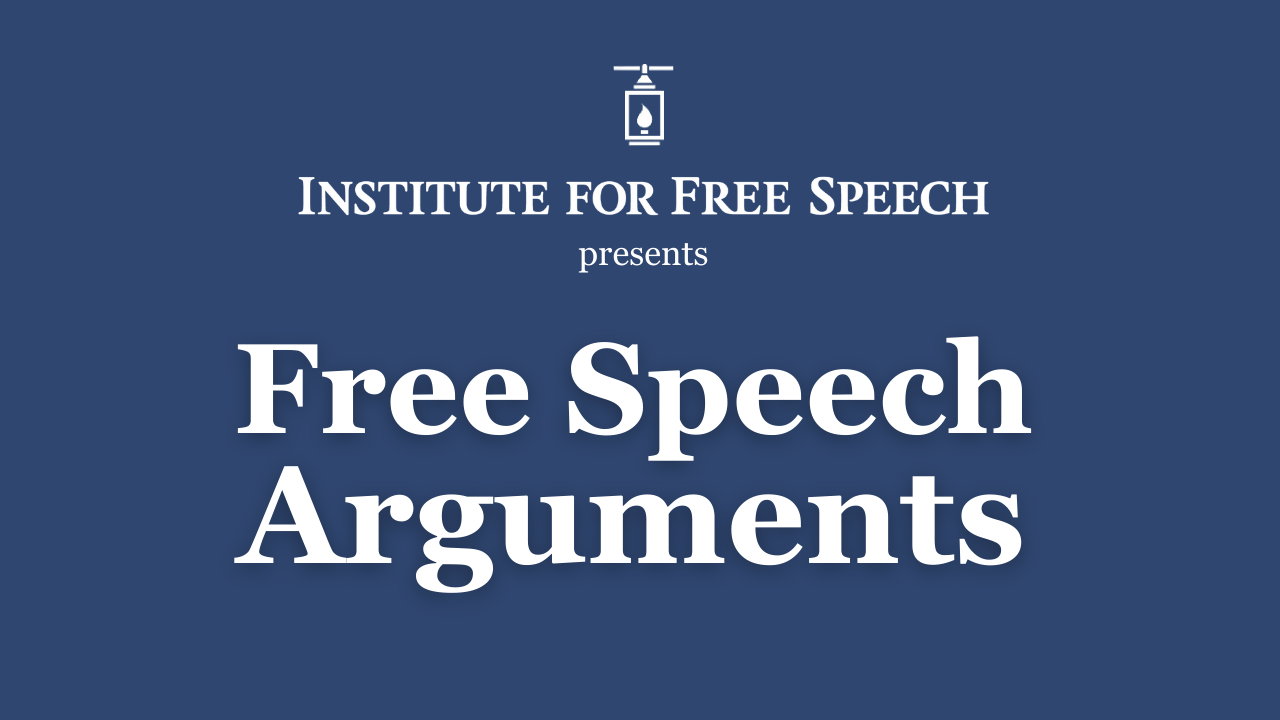Episode 23: Free Speech Coalition, Inc. v. Paxton
Free Speech Coalition, Inc. v. Paxton, argued before the Supreme Court of the United States on January 15, 2025. Argued by Derek L. Shaffer (on behalf of Free Speech Coalition, et al.), Brian H. Fletcher, Deputy Solicitor General of the United States (on behalf of the United States as amicus curiae), and Aaron Nielson, Solicitor General of Texas (on behalf of Ken Paxton).
Background on the case, excerpted from the introduction of the Brief for Petitioners:
Texas House Bill (H.B.) 1181 imposes requirements on commercial websites “more than one-third of which” are “sexual material harmful to minors”—a term that includes all sexually suggestive content, as might be found in romance novels or R-rated movies. The law requires a covered website to verify the age of every user, typically via government-issued identification. Entities conducting such verification may not “retain” users’ “identifying information,” but H.B. 1181 does not prohibit transfer of that information or impose any other protection against disclosure. And while Texas insists that forcing users to endure chilling online privacy and security risks is necessary to protect minors from harmful sexual content, H.B. 1181 exempts the search engines and social-media platforms that are principal gateways for minors’ access to that very content. Confirming Texas’s real aims, H.B. 1181 also requires covered websites to post stigmatizing, unscientific “[w]arnings” that condemn their content as harmful to health.
The district court preliminarily enjoined H.B. 1181, finding that the law is subject to strict scrutiny and likely to fail it under this Court’s governing precedent. In particular, the court explained that H.B. 1181’s age verification requirement is materially identical to the Child Online Protection Act (COPA), 47 U.S.C. § 231, which this Court in Ashcroft held was subject to strict scrutiny and likely unconstitutional. The Fifth Circuit agreed that H.B. 1181 is materially identical to COPA, but a divided panel held that it was not bound by Ashcroft because that decision contains what the majority termed “startling omissions.” The majority concluded that the proper level of scrutiny is instead rational-basis review, as applied in Ginsberg. To justify its departure from Ashcroft, the majority reasoned that this Court there applied strict scrutiny to COPA only because Attorney General Ashcroft, represented by Solicitor General Olson, erroneously accepted strict scrutiny rather than urging mere rational-basis review in defense of the statute.
This Court has repeatedly held that States may rationally restrict minors’ access to sexual materials, but such restrictions must withstand strict scrutiny if they burden adults’ access to constitutionally protected speech. See, e.g., Ashcroft v. ACLU, 542 U.S. 656, 663 (2004). In the decision below, the Fifth Circuit applied rational-basis review—rather than strict scrutiny—to vacate a preliminary injunction of a provision of a Texas law that significantly burdens adults’ access to protected speech, because the law’s stated purpose is to protect minors.
The question presented is: Whether the court of appeals erred as a matter of law in applying rational-basis review to a law burdening adults’ access to protected speech, instead of strict scrutiny as this Court and other circuits have consistently done.
Resources:
- Full Supreme Court case docket for Free Speech Coalition, Inc. v. Paxton
- Brief for petitioners
- Brief in opposition
Listen to the argument here:
The Institute for Free Speech promotes and defends the political speech rights to freely speak, assemble, publish, and petition the government guaranteed by the First Amendment. If you’re enjoying the Free Speech Arguments podcast, please subscribe and leave a review on your preferred podcast platform.














